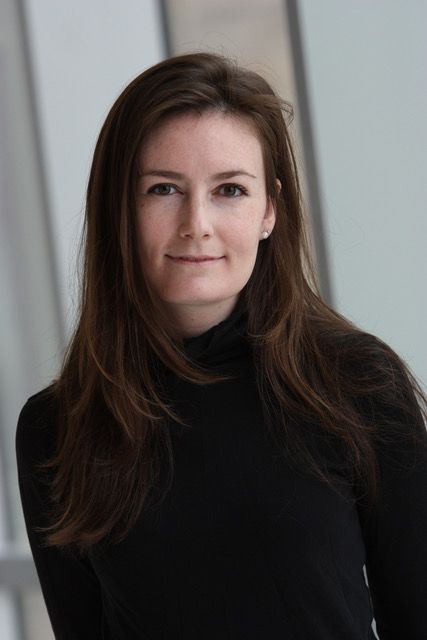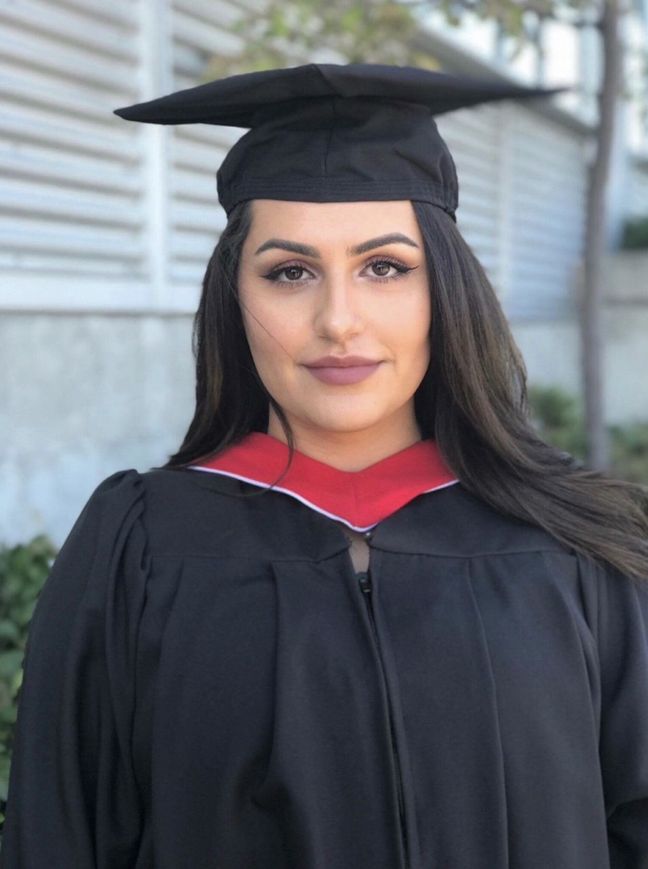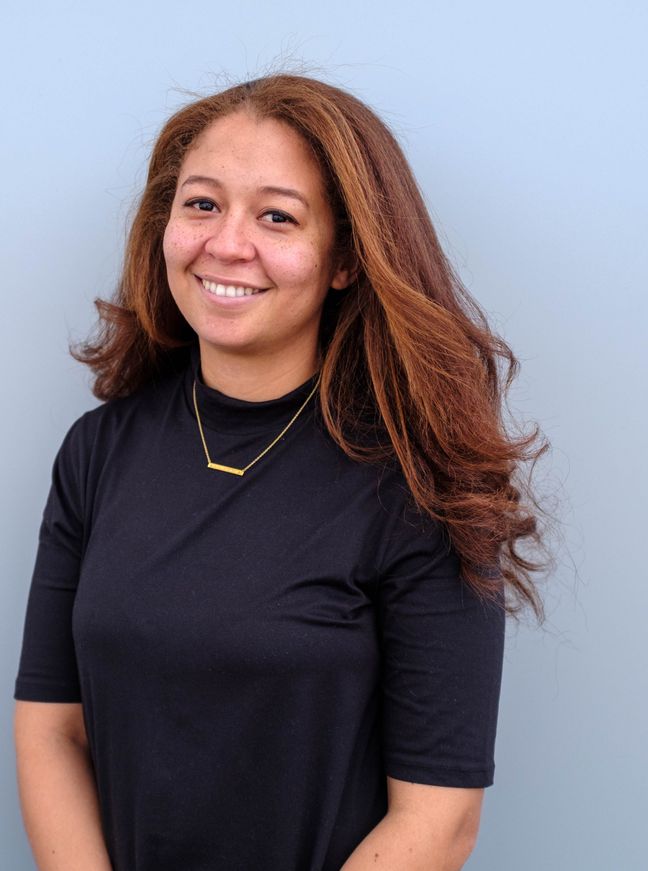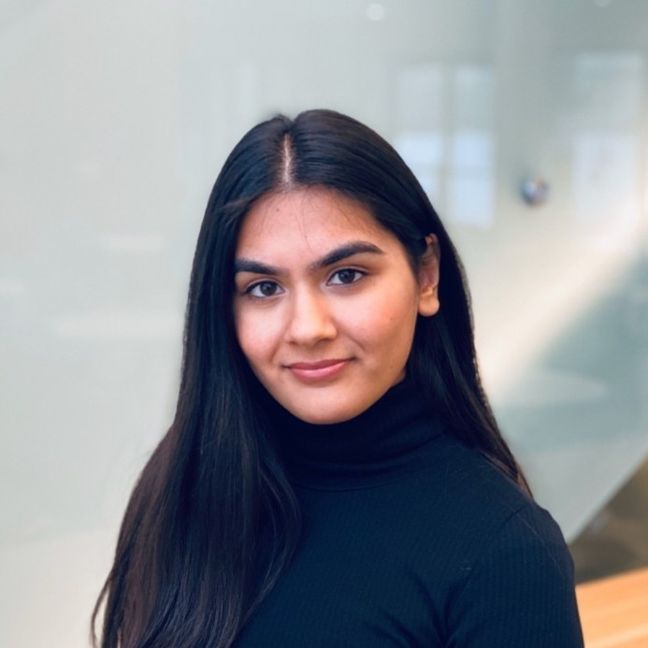Speakers

Dr. Laura B. Duvall
Columbia University, NY, USA

Dr. Erez Freud
York University

Brian Serapio
University of Toronto’s Temerty Faculty of Medicine

Fargol Nowghani
Trinity College Dublin, Ireland

Dr. Andrea Durant
National Science Foundation (NSF) Post-Doctoral Fellow in Biology at University of Miami

Komal Kalia
BioRender